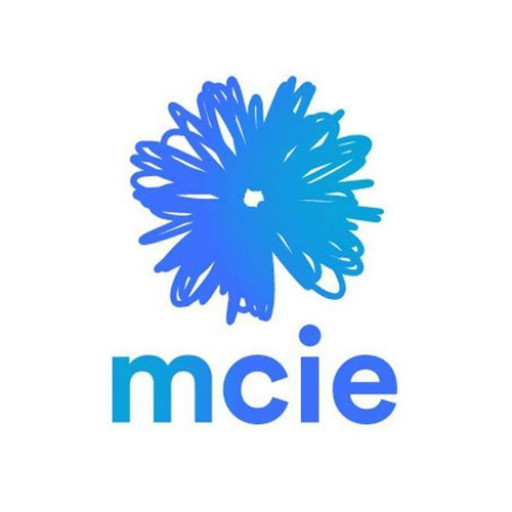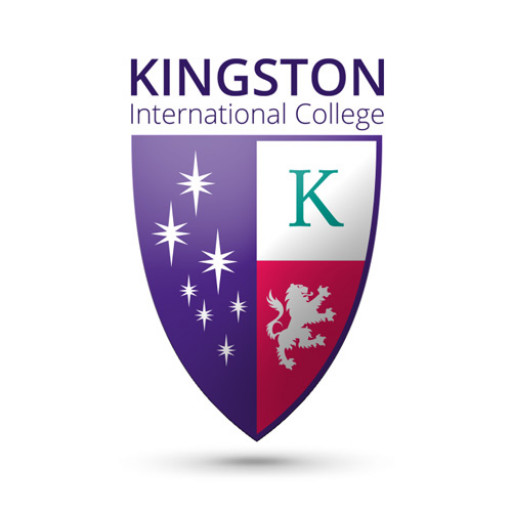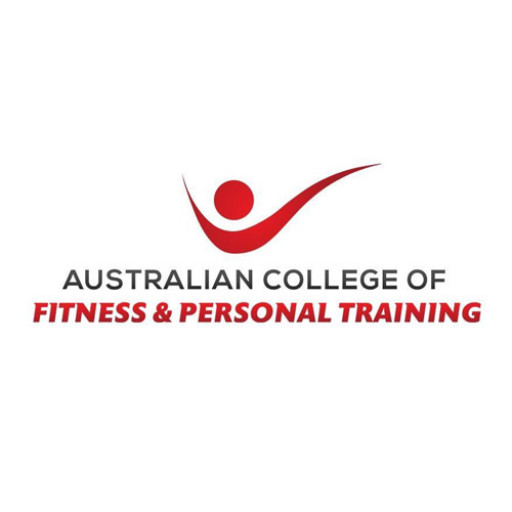Photos of university / #ucl
Habilitation and Disabilities of Sight Children and Young People at University College London is a comprehensive postgraduate program designed to equip students with the knowledge and skills necessary to support children and young people with visual impairments. This specialized course focuses on understanding the complex needs associated with sight disabilities, including the physical, psychological, educational, and social aspects that influence the development and well-being of affected individuals. Throughout the program, students will engage with a multidisciplinary approach, combining insights from optics, education, psychology, and healthcare to develop effective strategies for assessment, intervention, and support.
The curriculum covers core topics such as the anatomy and physiology of the visual system, causes and classifications of visual impairments, and the latest methods in early diagnosis and management. Students will learn about the educational approaches tailored for children and young people with sight disabilities, including specialized teaching methods, communication techniques, and the use of assistive technologies. The program also emphasizes hands-on practice through placements and practical sessions, enabling learners to apply theoretical concepts in real-world settings under professional supervision.
A key component of the program is the development of research skills, encouraging students to critically analyze current literature, participate in relevant research projects, and contribute to advancing knowledge in the field of visual disabilities. Graduates of this program will be well-prepared for careers as specialists, educators, clinicians, or policymakers dedicated to improving the quality of life for children and young people with sight impairments.
With access to UCL’s world-renowned faculties, extensive resources, and a vibrant academic community, students will experience a rigorous and enriching educational journey. By the end of the program, they will possess a deep understanding of both theoretical and practical aspects of habilitation and disabilities related to sight, positioning them as leaders in the promotion of inclusive practices and effective habilitative strategies for young individuals with visual impairments.
The programme provides students with the opportunity to benefit from our links with Habilitation VIUK (formerly MISE UK), obtaining a qualification that matches the initial quality standards-based registration requirements for habilitation practitioners in the UK. Students work with eminent practitioners in the field of visual impairment, gaining experience of working in a variety of habilitation settings and environments.
Students undertake modules to the value of 180 credits. The programme consists of four core modules (45 credits).
Students are able to exit with a Graduate Certificate on successful completion of modules one and two (taken in this order and worth 90 credits) and all other first-year assessment elements.
Core modules
Passes in all four core modules, taken in order, and successful completion of all the various assessment elements of the programme are required for an overall pass for the programme.
- Policy and Practice in Habilitation Studies
- Habilitation in Educational Contexts and the Extended Curriculum
- Habilitation at Home, In Public Contexts and During Transitions
- Habilitation, Professional Practices and the Service Setting: The Extended Assessed Placement
Teaching and learning
Both face-to-face and virtual learning environment elements will inform the pattern of teaching on the programme. It is assessed by written assessments, coursework assignments, practical skill assessments, skill observations, self-videoed practical assessment activities, presentations, placements, and a portfolio which is matched against the Quality Standards for Habilitation Work with Children and Young People (2011).
Placement
Modules three and four involve an extended training/teaching placement.
First degree or a minimum qualification equivalent to QCF Level 4 plus extensive relevant work experience.
Funding for the Habilitation and Disabilities of Sight Children and Young People program at University College London is primarily available through a combination of government grants, research council funding, scholarships, and institutional support. Students enrolled in this program may be eligible to apply for various sources of financial aid to support their studies and research activities. The UK government provides funding schemes such as the Doctoral Loans and other bursaries dedicated to supporting postgraduate education. Additionally, research councils like UK Research and Innovation (UKRI) often offer grants specifically aimed at advancing research in disabilities, health sciences, and educational support for visually impaired children and young people.
University College London also offers a range of scholarships, including those targeted at international students and students demonstrating exceptional academic merit or financial need. These scholarships are awarded based on merit, financial situation, or specific eligibility criteria related to the field of study. Students are encouraged to apply early and to explore multiple funding options to maximize their financial support.
Furthermore, UCL supports students through internal funding programs, bursaries, and partnerships with charities and organizations focused on disabilities and sight impairment. Some funding may also come from charitable foundations dedicated to eye health, sight loss research, or disability support, which may provide grants or fellowships for postgraduate students involved in related research.
Students are advised to consult the UCL Scholarships and Funding website and contact the university’s financial aid office for comprehensive and updated information on available funding opportunities, application procedures, deadlines, and eligibility requirements. Prospective applicants should carefully plan their finances, including applying for external funding sources, to ensure they can fully engage with the program's coursework and research activities without financial hardship.
Overall, the financing options for this program are diverse, aiming to support students from various backgrounds and ensure that financial barriers do not impede access to advanced training and research in the field of sight impairments among children and young people.
The Habilitation and Disabilities of Sight Children and Young People program at University College London is a specialized academic offering designed to equip students with comprehensive knowledge and practical skills necessary for supporting children and young people with visual impairments. Although specific details about the curriculum, duration, and entry requirements are not publicly available, the program is likely rooted in UCL's tradition of interdisciplinary research and education in health and rehabilitation sciences. Drawing from similar programs within the university, it can be inferred that this program probably combines theoretical coursework with practical training, providing students with a solid foundation in the biological, psychological, and social aspects of visual disabilities among young populations. The program may also include modules on inclusive education, assistive technologies, rehabilitation techniques, and child development, tailored specifically to the needs of visually impaired children and young people.
Given UCL's reputation for research excellence, students enrolled in this program could benefit from access to cutting-edge research facilities, collaborations with healthcare professionals, and opportunities to engage in hands-on practical experience through placements or internships. The program might also emphasize the importance of multidisciplinary teamwork, involving educators, healthcare practitioners, and social workers in supporting visually impaired children and young people holistically.
Graduates of this program are likely prepared for careers in clinical settings, educational institutions, or research roles dedicated to improving the quality of life, educational inclusion, and accessibility for young individuals with visual disabilities. Overall, this program aims to develop highly skilled professionals capable of addressing the unique challenges faced by children and young people with sight impairments, ensuring they receive appropriate support, intervention, and opportunities for development. However, for detailed specificities like course modules, duration, admission criteria, and career prospects, official university sources or program coordinators should be consulted.








